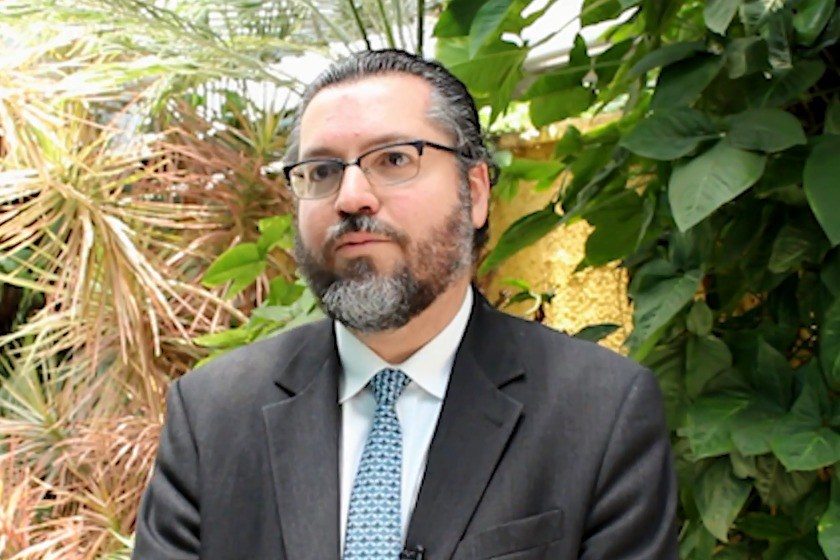Choice of Ernesto Araújo as foreign minister puts Brazilian environmental leadership at risk
Nota da coordenação do Observatório do Clima sobre a nomeação no Itamaraty
The choice of ambassador Ernesto Araújo as Brazil’s next foreign minister is appalling. His nomination goes against a longstanding foreign policy tradition and puts the country at risk of becoming a diplomatic dwarf and a global pariah. The ideological radicalism expressed in the writings of the future minister also threatens the planet, by denying climate change and, presumably, international efforts against it.
Mr. Araújo has used strong language against globalization and multilateralism. In the name of such ideology, and against any evidence, he has blogged that the fight against climate change is a perversion by the left. He has invoked a conspiracy theory according to which there is a “globalist” project to transfer power from the West to China (a contradiction in terms). Part of that plot, still according to him, is the “dogma” of “climatism”, as he calls the international effort to mitigate carbon emissions – an endeavor by world leaders across the political spectrum and based on decades of scientific knowledge.
That line of thought, should it prevail over the office of the chancellor, would be seriously detrimental to Itamaraty (Brazil’s Foreign Office) and do Brazil’s role in the world. The defense of multilateralism has been a pillar of Brazilian foreign policy and, over the last 46 years, diplomats have leaned on multilateralism to project Brazil in one of the very few spaces in the international arena in which the country is a natural-born leader: the environmental agenda.
Itamaraty was a pioneer in understanding that Brazil’s natural capital is one of the most important assets a country can have nowadays. Brazil had a key role in the Stockholm Conference on Human Environment, in 1972; was the cradle of Agenda 21 and the great UN conventions on the environment and sustainable development, in 1992; led the defense of developing countries in the Kyoto Protocol, in 1997; brought to light the Sustainable Development Goals in 2012; and was a key negotiator of the Paris Agreement in 2015. Now, it is set to host the next UN climate conference, in 2019.
To step down from that leadership for the sake of some paranoid-flavored ideology goes directly against national interest, something president-elect Jair Bolsonaro has vowed to put “above all” in his presidential race. Considering that Brazil is the world’s seventh major emitter of greenhouse gases, it would also endanger vast swaths of the global population – including the West, as the recent wildfires in California have graphically shown – in a moment when the best science tells us we only have 12 years to avoid the worse effects of the climate crisis.
One hopes that the new position and its ensuing responsibilities may make Chancellor Ernesto Araújo a very different person from blogger Ernesto Araújo.
Coordination of the Brazilian Climate Observatory




